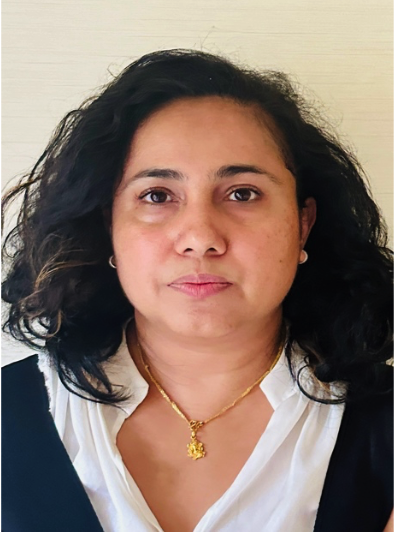The Supreme Court’s refusal to give continuity to its interim order against the proposed appointment of former Chief Secretary Lokman Singh Karki as the head of CIAA, the country’s chief anti-graft body, could set a dangerous precedent. The court has effectively lobbed the ball into the court of the Constitutional Council (CC) and President Ram Baran Yadav. Seen another way, the apex court has passed the buck back to the four-party High Level Political Mechanism (HLPM) which settled on Karki’s name as the new CIAA head. It is unlikely that the Khil Raj Regmi-led government and the CC comprised of the government head, an ex-chief justice and three sitting ministers will go against the recommendation of the HLPM, their potent progenitor.
But the government’s tacit backing will not give any more legitimacy to such a troubling anti-democratic move. According to Article 119 (5) (e) of the Interim Constitution, a person will not be eligible for appointment as CIAA chief commissioner or commissioner ‘unless he/she has sound moral character’. Similarly, the Constitutional Council Act, 2066 clearly mentions that while recommending a person, ‘his/her social prestige, sound moral character, honesty, public attitude toward him/her and his/her previous service…’ shall be considered.
Karki fails the eligibility test every step of the way. He is someone who has been found guilty by a government-appointed commission of trying to suppress Jana Anadolan II. His strong backing of former monarchs, even while the tide was turning against them, speaks volumes about his democratic values. He has been implicated in corruption charges and had to be removed from office after staff under him refused to take orders from a person of such dubious credentials. It is interesting that the writ petition was filed even before the HLPM had formally endorsed Karki’s name. But why did the Big Four agree on such a tainted figure in the first place?
The excuse of UCPN (Maoist), the party which proposed Karki’s name, that there is nothing wrong in appointing someone like Karki when they have agreed to work together with the forces that once placed price tags on their heads is a cheap cop out of their responsibility as a democratic party and a futile attempt to add a sheen of legitimacy to an indefensible move.
Yes, the latest SC verdict does seem to have cleared the way for Karki’s appointment. But that is just one way of seeing it. It can also be interpreted as SC’s attempt to hold the so-called democratic parties to account. The HLPM constituents must rise to the challenge and withdraw Karki’s proposal, and appoint someone with a cleaner image in his place. It is clear that NC, UML and the Madheshi forces accepted the Maoist proposal since they could hide their own shenanigans through the appointment of such a controversial figure as the chief of the country’s main anti-corruption body. They now have a chance to set the record straight. The Big Four made a grave mistake. They are paying for it in lost credibility. The second mistake could prove costlier still, and not just to themselves. It would be a body blow to the country’s democratic future itself.
Black is bold








































